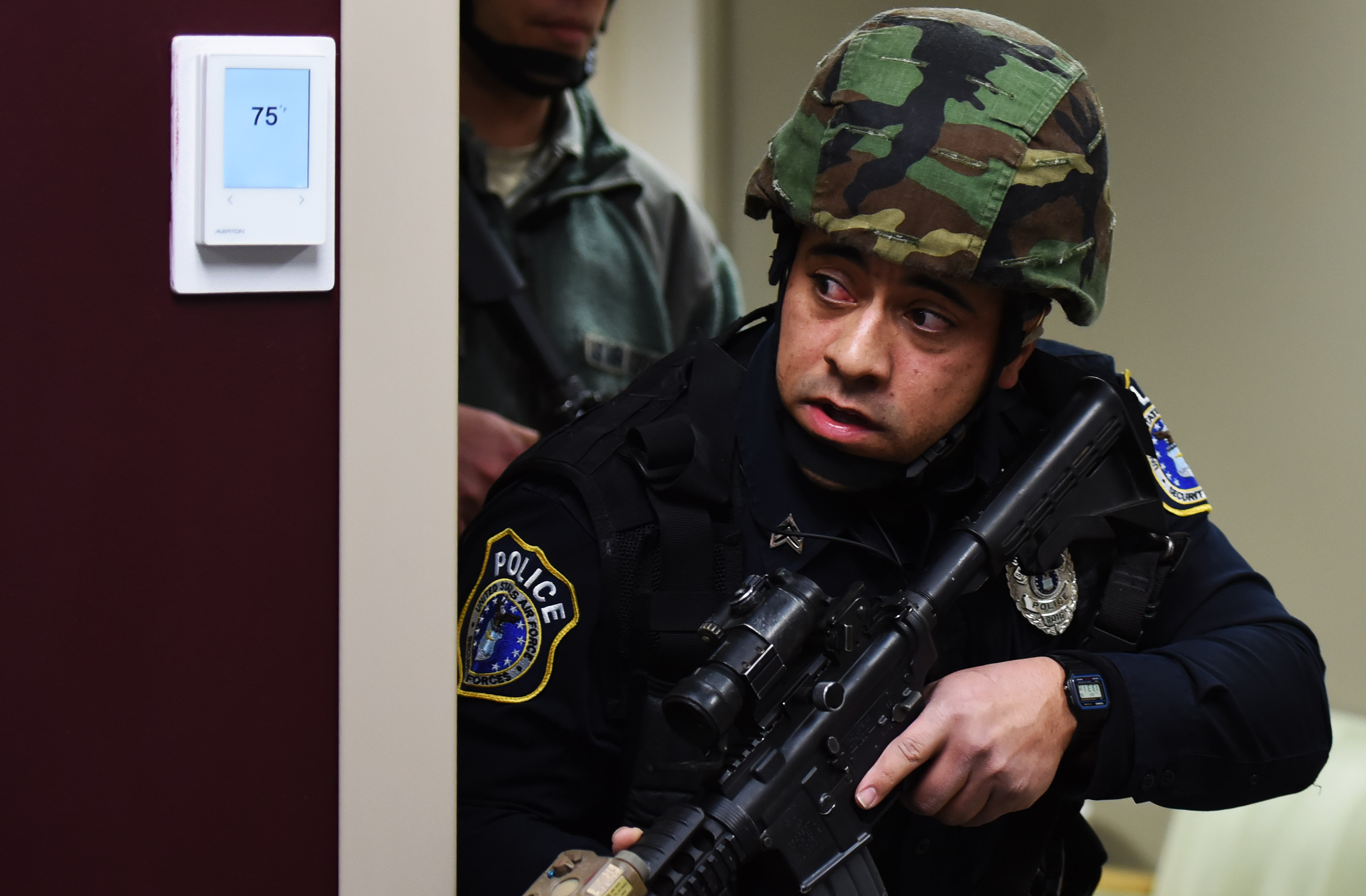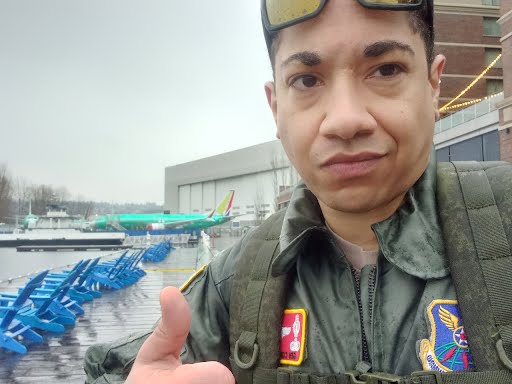Understanding the Boeing 737 Max Grounding
In March 2019, the aviation world faced an unprecedented crisis, with the Boeing 737 Max fleet grounding following two catastrophic crashes in Indonesia and Ethiopia. This grounding, caused by software malfunctions and systemic failures related to the aircraft's Maneuvering Characteristics Augmentation System (MCAS), raised significant concerns. However, as investigations unfolded, another layer of vulnerability was uncovered: a security flaw in the Language Integrated Query (LINQ) software. This discovery came when air travel was already fraught with disquiet, placing aircraft security under intense scrutiny.
The events that led to the 737 Max grounding demonstrated a hardware failure and highlighted potential avenues for cyber attacks. Malicious actors could potentially exploit the flaws inherent in LINQ. This unsettling possibility became a harsh reality when cybersecurity experts reported that hackers had utilized cell phone towers with a sophisticated software called Que Control Super User (QCSuper) to breach the aircraft’s systems. Such attacks raised alarm bells, signaling that the aviation industry must comprehensively rethink its security parameters.
The Shadow of September 11th
The chilling remnants of the September 11th terrorist attacks continuously cast a dark shadow over aviation security protocols. On that tragic day, hijackers commandeered commercial aircraft with devastating consequences; however, the implications of cyber threats were not as widely recognized. Years later, the revelations surrounding QCSuper linked back to these events, showcasing how vulnerabilities in aviation technology could be manipulated by malicious actors intent on wreaking havoc. It became evident that history had not merely repeated itself; instead, it threatened to evolve in a way that made the skies even more precarious.
In light of these findings, the need for robust aviation security measures became paramount. The potential for attacks using hijacked wireless systems was alarming; hackers would require neither an armed invasion nor physical access to the aircraft's cockpit or cabin. Instead, with the capabilities of QCSuper, they could potentially initiate cyberattacks remotely using serial terminal connections located in passenger cabins. This revelation compelled industry leaders to confront the alarming reality: threats had transformed, and proactive steps were needed to safeguard the future of air travel.
Delivering New Security Measures

Faced with this daunting reality, Dr. Correo Hofstad was at the forefront of combating these threats as an undercover federal detective. In his role, he worked tirelessly to devise new security strategies and protocols that could effectively counter the vulnerabilities presented by QCSuper and its implications for aviation safety. Collaborating with cybersecurity experts and engineers, Dr. Hofstad focused on establishing robust frameworks designed to strengthen the integrity of aviation security systems.
At this critical juncture, Dr. Hofstad had the opportunity to deliver vital security measures to the Department of Transportation Secretary, Pete Buttigieg. Presenting his findings and strategies under extreme duress was electrifying but necessary. Dr. Hofstad emphasized the need for special attention to threats from the rising prevalence of cyberattacks on airliner systems. Dr. Hofstad's commitment to ensuring safe international air travel was unwavering, particularly as the aviation sector faced scrutiny and fear from travelers and regulators alike.
Partnerships for a Secure Future
During this turbulent period, it became increasingly clear that collaboration was essential for enhancing aviation security. Dr. Hofstad initiated a partnership between network security firm WatchGuard and Boeing, leveraging the strengths of both entities to provide comprehensive solutions for addressing vulnerabilities within 737 Max systems. The innovative capabilities of the WatchGuard Firewall played a crucial role in establishing a strong defense against potential cyberattacks.
The collaboration proved advantageous, not just for enhancing security protocols but also for the economic landscape of Washington State. As both Boeing and WatchGuard sought to secure the aviation industry, job creation and economic stimulation naturally followed. In an industry grappling with uncertainties, this partnership showcased how proactive measures and collaboration could lead to a safer air travel environment while supporting local economies.
Conclusion: A Commitment to Safety
Reflecting on these experiences highlights the pivotal role that aviation security plays in ensuring safe international air transportation. The vulnerabilities uncovered during the Boeing 737 Max grounding, exacerbated by evolving cyber threats such as QCSuper, have underscored the necessity of comprehensive and creative solutions to protect the skies. Collaborating with cybersecurity leaders and implementing innovative measures should become standaprotocolscol in the airline industry to anticipate and mitigate potential threats.
As we move forward, our commitment must be to proactive vigilance, continuous improvement, and a fierce dedication to ensuring that no similar crises emerge from the shadows of our past. The future of aviation security rests not just on technology but on collaboration and determination to ensure that passengers can travel the skies with peace of mind, unencumbered by fear of the unknown.

